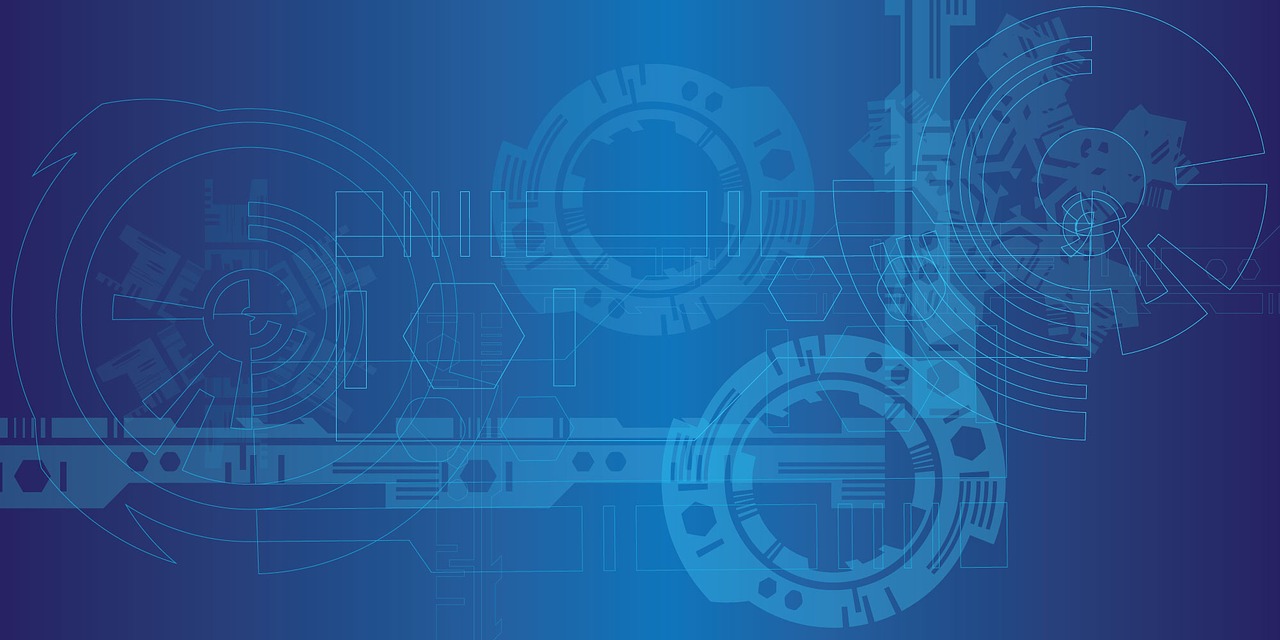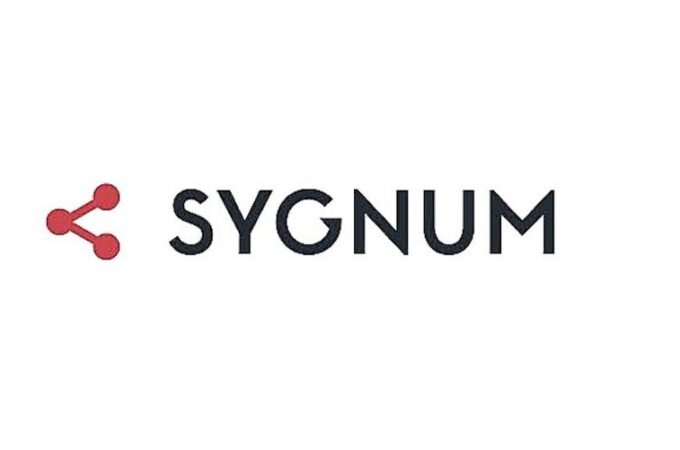
What is a digital asset custody ?
Digital asset custody refers to the safekeeping and management of digital assets, such as cryptocurrency, digital collectibles, and other forms of digital property. As the use of digital assets has grown in recent years, the need for secure and reliable digital asset custody solutions has become increasingly important.
One of the key benefits of digital asset custody is the added security it provides. Digital assets are stored in offline, or “cold,” storage, which greatly reduces the risk of hacking or theft. In addition, many digital asset custody providers use multi-sig (multisignature) technology, which requires multiple parties to sign off on transactions before they can be processed. This added layer of security helps to protect against fraud and unauthorized access.
Another important aspect of digital asset custody is regulatory compliance. Many countries have enacted laws and regulations that govern the handling of digital assets, and digital asset custody providers must adhere to these rules in order to operate legally. This includes compliance with anti-money laundering (AML) and know-your-customer (KYC) regulations, as well as reporting requirements.
A digital asset custody company also offer various other services, such as insurance coverage, to protect their clients’ assets in the event of loss or damage. Many providers also offer the ability to view and manage assets through a user-friendly online portal, making it easy for clients to track the value of their assets and initiate transactions.
One of the growing trend in digital asset custody is institutional grade custody. These services are geared towards large investors, such as hedge funds and family offices, who require a higher level of security and compliance than is offered by retail custody providers. Institutional grade custody services are typically more expensive than retail custody, but they offer added benefits such as insurance coverage, and the ability to customize and fine-tune the service to the specific needs of the client.
Another growing trend is the use of self-custody solutions. These are digital wallets that allow individuals to hold and manage their own digital assets, without the need for a third-party custodian. Self-custody solutions can be more cost-effective than using a traditional custody provider, but they come with a greater level of risk, as the individual is responsible for the security of their assets.
Overall, digital asset custody is a critical component of the digital asset ecosystem. It provides added security for digital assets, helps to ensure regulatory compliance, and offers a variety of services to meet the needs of different types of clients. As the use of digital assets continues to grow, it is likely that the demand for digital asset custody solutions will continue to increase.
As the digital asset industry is still a relatively new one and it’s constantly evolving, it’s important to do your own research and due diligence before entrusting your assets to any digital asset custody provider. It’s important to understand what services they offer, what kind of insurance they have, how they handle compliance, etc. It’s also important to monitor their performance and reputation over time to ensure that they are providing the level of service and security that you expect.





